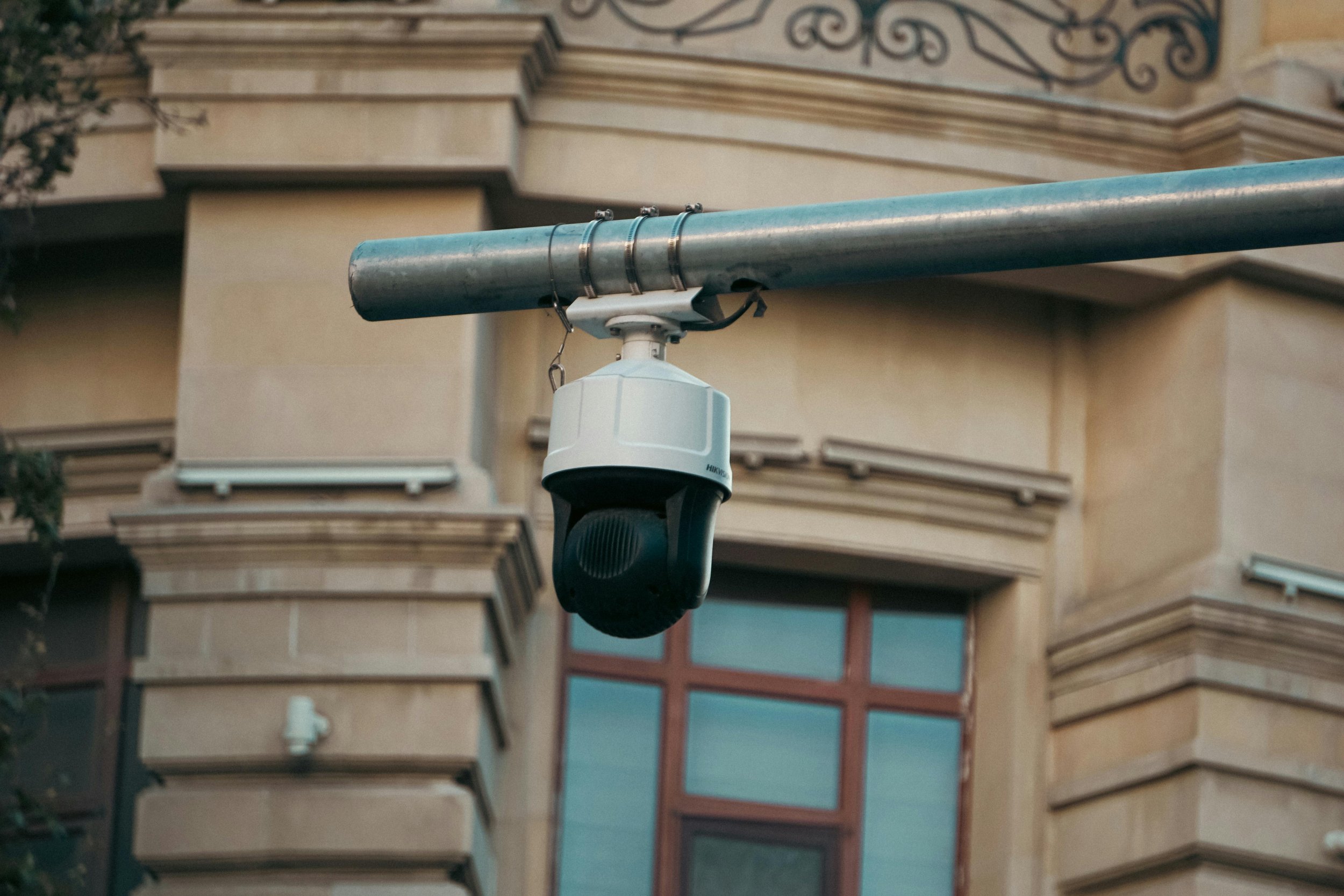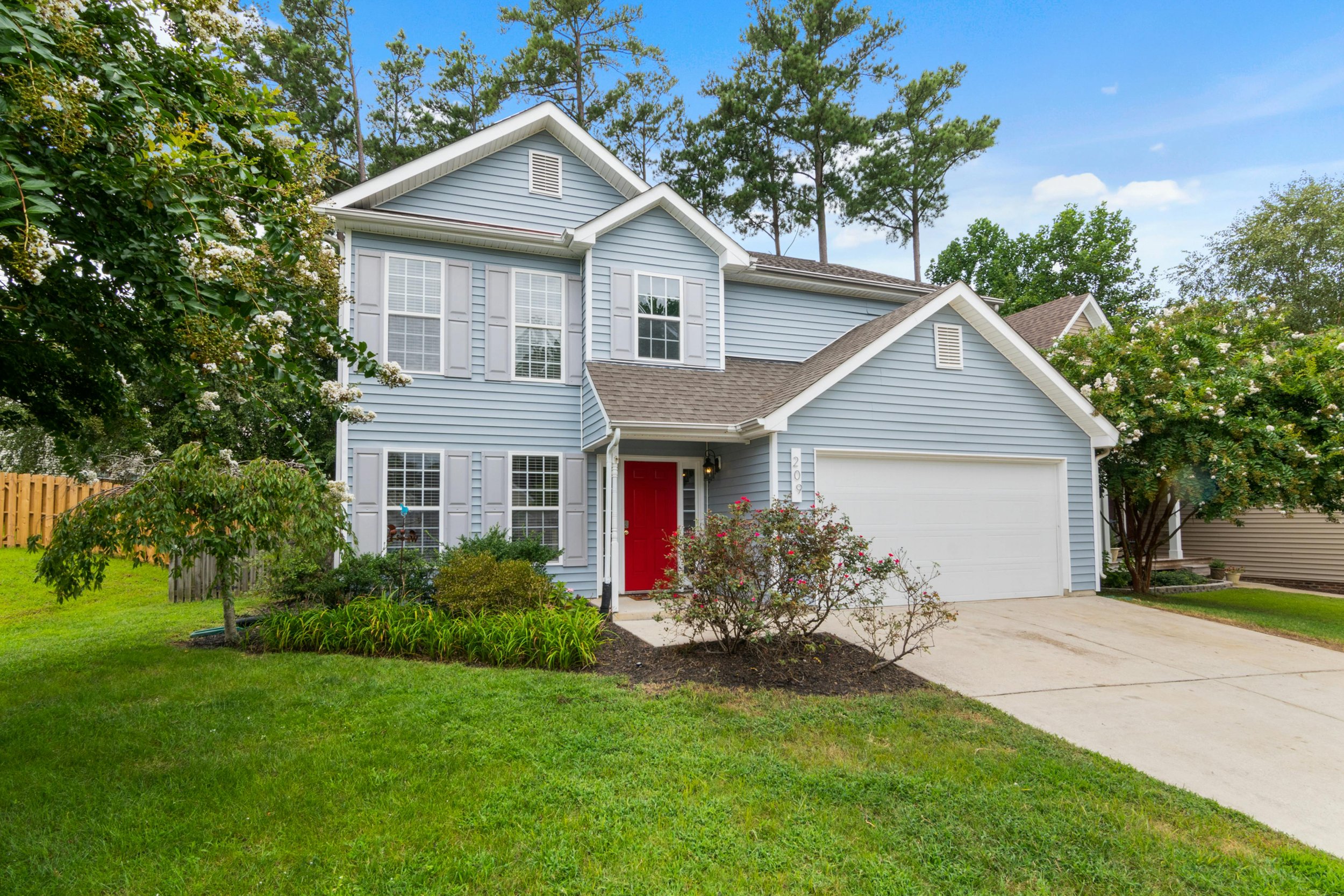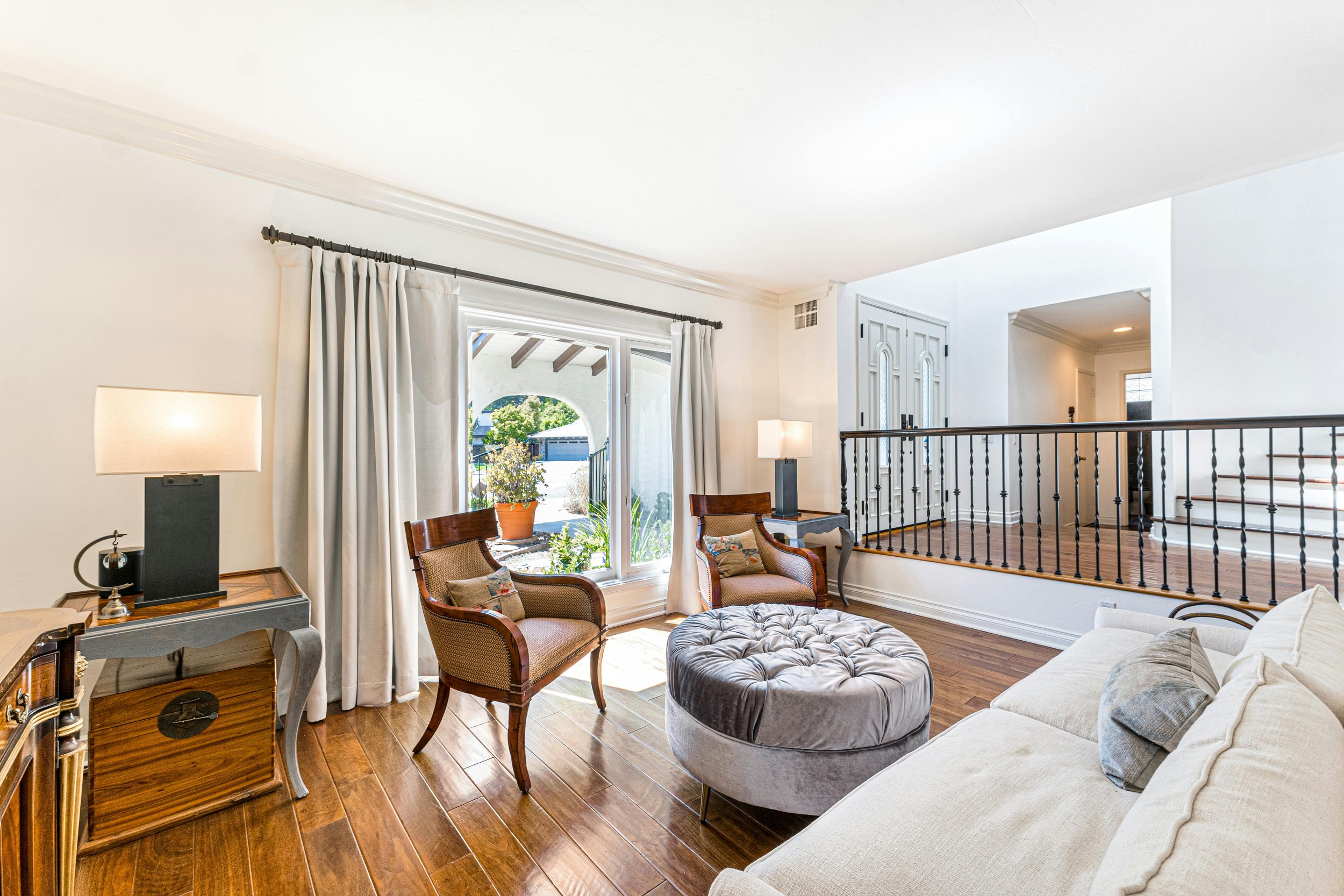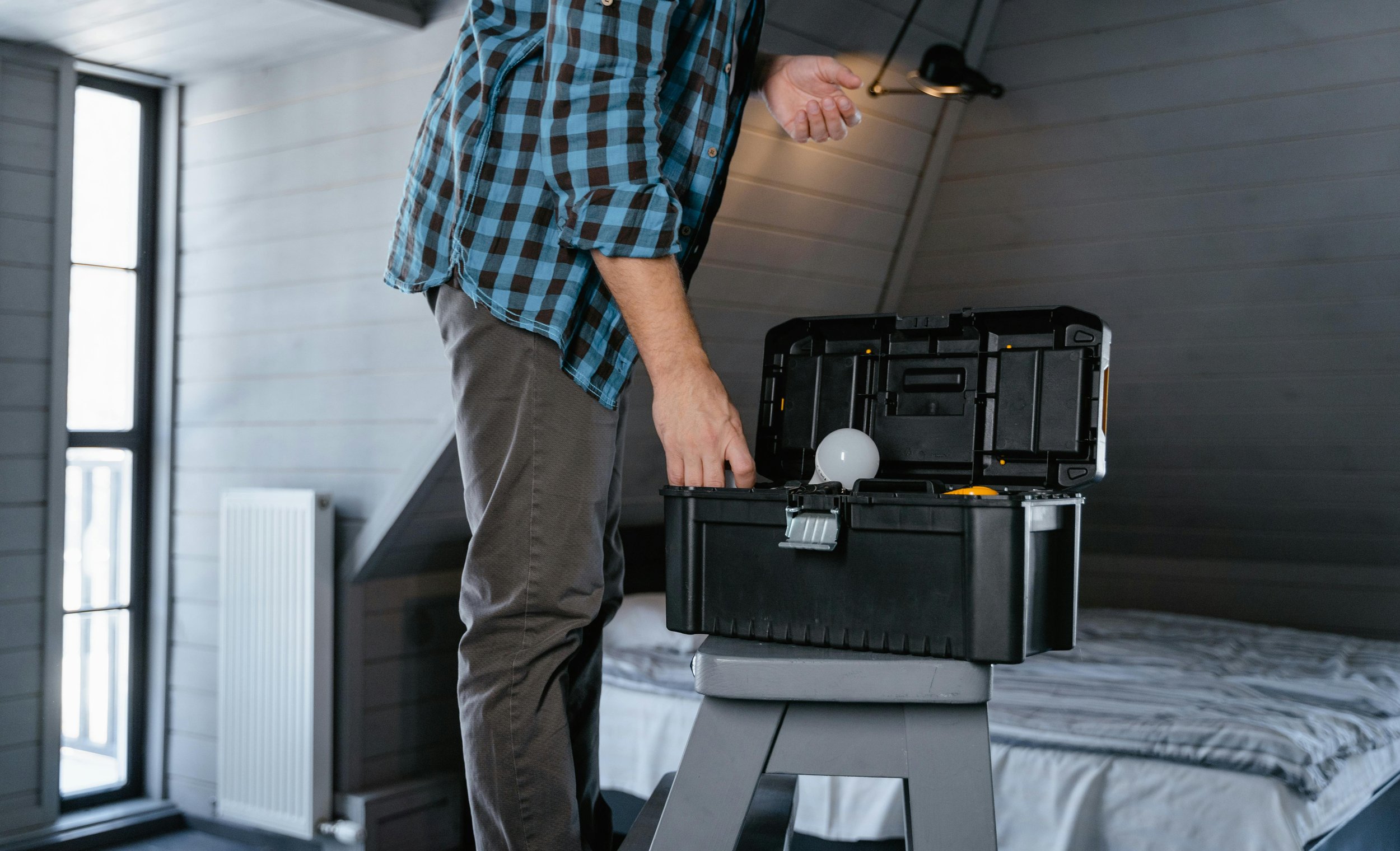Opportunities with Empty Houses in Chicago
Selling a vacant house can be daunting. It presents unique challenges that differ from selling an occupied home. The absence of furnishings can make the space feel cold and uninviting, and potential buyers may struggle to envision the property as a home.
But don't worry. There are good methods to get past these obstacles.
From staging techniques to pricing strategies, we've got you covered. Whether you're a homeowner, a real estate professional, or an investor, this guide will equip you with the knowledge you need.
Understanding the Challenges of Selling a Vacant Home
Selling a vacant house is different from selling one that’s lived in. An empty space can feel impersonal. Without inhabitants, a vacant home might seem neglected or forlorn, which can make a negative impression on potential buyers. Moreover, vacant homes can attract unwanted attention. They are more prone to vandalism, squatting, and other security concerns. Without regular upkeep, wear and tear becomes evident quickly. Issues such as overgrown lawns or minor damages can deter buyers.
Additionally, helping buyers see potential in an empty home is a challenge. They might find it hard to imagine their lives in a barren space. Another challenge is the emotional detachment. As the house is empty, there’s no warmth or life to connect with.
To succeed, understanding these challenges is crucial. Then, you can develop strategies to transform difficulties into opportunities.
Securing and Maintaining Your Vacant Property
Protecting an empty house is crucial to prevent damage. Unsecured properties can quickly become targets for vandals or squatters.
Implementing strong security measures can mitigate these risks. Consider installing alarm systems and surveillance cameras for added protection.
Regular maintenance is equally important. Keep the property in top condition to retain its market value. Routine inspections are vital to identify potential issues early.
Here's a simple checklist to maintain your vacant property:
Lock all doors and windows securely.
Set up an outdoor light with motion sensors.
Keep the garden and lawn trimmed and tidy.
Regularly check for any signs of unauthorized entry.
Repair any damages as soon as they are noticed.
These steps ensure that your vacant house remains appealing to prospective buyers. A well-maintained and secure property provides peace of mind for both seller and buyer.
Enhancing Curb Appeal
The first impression matters greatly when selling any property. Curb appeal can set expectations for potential buyers. An inviting exterior draws interest and reassures prospects about the home's condition. Start with a neat, well-kept lawn and maintained flower beds. Painting the front door and cleaning the driveway can make a significant difference. Don’t underestimate the value of these minor enhancements.
These simple steps make your property stand out. They help potential buyers to envision the vacant lot as their future home.
Staging Strategies for an Empty House
Staging a vacant house makes it feel more inviting. It allows buyers to visualize themselves living in the space.
Consider employing professional stagers who understand creating welcoming environments. They can select furniture and decor that complement the house’s style.
Staging isn't always about physical items. Virtual staging is an innovative option for those on a budget. It provides digital renderings with furniture.
Paint neutral colors on walls to create a blank canvas. Neutral colors appeal to a broader audience.
Highlight unique architectural features. Ensure all lights work and use them to brighten the space.
Even small touches matter, like adding scented candles or fresh flowers. These elements make the home more appealing.
Staged homes tend to sell faster. They often get better offers than unstaged ones. Remember, the goal is to make the house feel like a home.
Setting the Right Price
Pricing a vacant house requires careful consideration of market trends. An incorrectly priced property may linger unsold for too long.
Begin by conducting a comparative market analysis. This helps in understanding similar properties' values in the area. Consult with a professional appraiser or real estate agent to determine an accurate, competitive price.
Overpricing deters potential buyers while underpricing could lead to financial loss. Adjust the price as necessary, based on market conditions and buyer feedback. A well-priced vacant home attracts more interest and is more likely to sell swiftly. Balancing market demands with realistic pricing is key to success.
Minor Repairs and Renovations
Investing in minor repairs can significantly boost the appeal of a vacant house. Even small upgrades make a big difference to potential buyers. Focus on fixing visible issues like leaky faucets, chipped paint, or broken fixtures.
Consider updating outdated elements to create a fresh look. A modernized kitchen or bathroom often attracts more interest. These renovations do not have to be expensive but should be cost-effective in enhancing the value of the home.
Beyond cosmetic improvements, ensure essential systems like plumbing and electrical are in good working order. Buyers are more confident when they see a well-maintained property. Ultimately, the goal is to present a move-in-ready home that minimizes the buyer's worry about future expenses.
Photography and Virtual Staging
High-quality photography is crucial for marketing a vacant home. Good photos capture the interest of prospective buyers online. They should highlight the property's best features to create a memorable first impression.
Virtual staging can elevate these visuals to the next level. It allows buyers to visualize the potential of an empty space. With virtual furniture and décor, rooms appear more inviting and give a sense of how spaces can be utilized.
This digital approach is cost-effective and adaptable to various styles. By leveraging virtual staging, you showcase flexibility and creativity, capturing a wide array of tastes. A combination of excellent photography and virtual staging can make your vacant home stand out in a competitive market. Thus, potential buyers can better imagine themselves living in the space, increasing the likelihood of a sale.
The Role of Real Estate Agents in Selling Vacant Properties
Real estate agents bring valuable experience to selling vacant properties.
Their knowledge can make the process easier and offer understanding into how the market works.
Agents also offer powerful marketing tools and networks. They can effectively promote your property, reaching a broader audience than you might on your own. Additionally, agents handle negotiations, ensuring you receive fair offers while streamlining paperwork and legalities. Trusting a seasoned professional often leads to a smoother sale and maximizes your property's potential.
Legal and Regulatory Considerations
Selling a vacant house involves navigating various legal and regulatory issues. Understanding local laws is crucial, as they can influence the sale process.
These could include zoning rules, property taxes, and disclosure requirements that apply to vacant properties.
It's also important to ensure that all necessary documentation is in order. This includes clear titles and any required permits. Addressing legal concerns upfront helps avoid complications and delays. Consulting with a real estate lawyer can provide peace of mind and assist in ensuring compliance with all relevant regulations. Proper legal preparation can significantly smooth the path to a successful sale.
Transparency and Creative Financing
Creative financing options can make your vacant house more attractive to buyers. Offering solutions like seller financing can expand your buyer pool. This approach particularly appeals to those who may face challenges with traditional mortgages.
Transparency is equally important in the selling process. Disclose any issues or repairs needed in the vacant property. Honest communication builds trust with potential buyers.
Being fully transparent helps prevent misunderstandings and lowers the chance of legal problems down the road. Buyers are more likely to consider buying a property if they know about its current condition and any future needs it might have.
Hosting Open Houses and Showings
Open houses can be effective for selling vacant homes. They create a sense of urgency and bring more eyes to the property. It offers potential buyers a chance to envision living in the space without pressure.
Private showings also have their benefits. They provide a more personalized experience for serious buyers. Privacy allows potential buyers to take their time to explore the vacant property. Both methods can be strategic tools in your sales plan, depending on your target market and local conditions. Each can highlight the home's unique features, helping to secure the right buyer.
Overcoming Location Challenges
Selling an abandoned home in a less desirable location requires creativity. Highlight the potential of the area to attract buyers, focusing on future developments or community improvements.
Emphasize any unique aspects of the home itself. A deserted house with distinctive architecture can appeal as a project for buyers. Collaborate with local developers who might see the value in the property's location, despite its current drawbacks. Understanding your market and playing to the strengths of the home, both seen and unseen, can be the key to finding the right buyer.
Adapting to Market Conditions
Market conditions play a crucial role in selling a vacant property. During a seller's market, homes tend to sell quickly and at higher prices. This provides an advantage to sellers, allowing them to be less flexible with negotiations.
In contrast, a buyer's market can present challenges. Homes may linger on the market due to increased competition. Understanding these conditions helps set realistic expectations and strategies. Monitoring market trends and timing your sale to align with favorable conditions can ultimately impact the success of selling your vacant house. Adaptability is key in navigating shifting market dynamics.
Patience and Flexibility Are Key
Selling a vacant house comes with unique challenges, but patience is key. The process may take time, especially in slow markets. Staying flexible with negotiations can lead to success.
Remember, a strategic approach boosts your chances of closing a deal. Each step, from pricing to marketing, plays a role. Embracing adaptability helps you respond to changing circumstances. By staying committed and open to adjustments, achieving a successful sale is possible.









